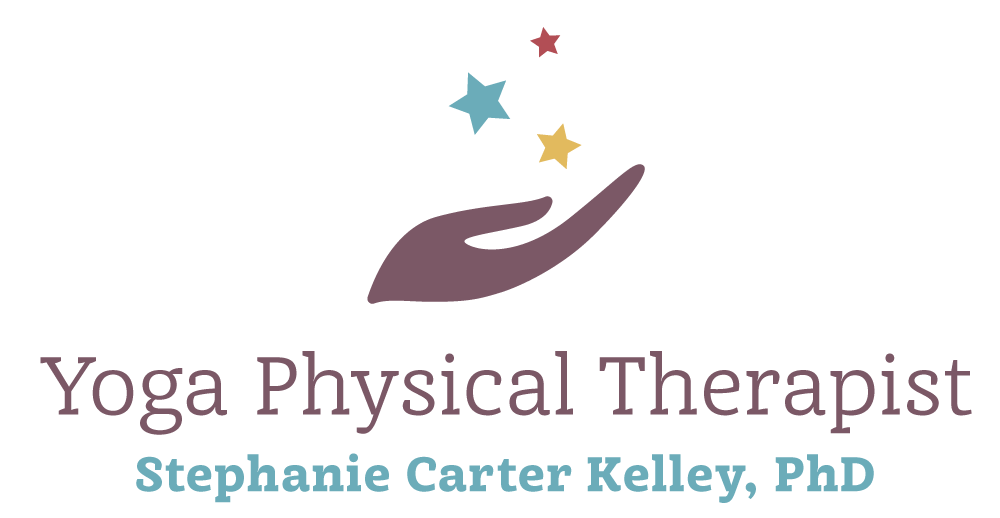We have all heard people say this, both to physical and emotional painful events. Said the right way, it is an expression of empathy toward the person experiencing pain. Most of us probably think that actually feeling their pain is not possible. You may think that you have to be the one injured in order to actually feel the pain. I thought so too, until just today.
I follow a pain research group out of Australia: Body in Mind. The researchers blog about results from their studies and others about acute and chronic pain. Today I was reading a case study and saw the term "motor empathy". I have heard of the term empathy, but never in relationship to movement. So I did some research and found another term "mirror pain" and "vicarious pain". Both of these terms suggest that getting hurt or sustaining injury is not a requirement to feel pain.
"But how is this possible? The important thing to remember here is that pain is just an experience. It is the end result of a long line of sensory, emotional, cognitive and motivational processes. So we don’t always need to get hurt to experience pain!" - Bernadette Fitzgibbon
Research tested this phenomenon many ways, but mainly by looking at activity in the brain while observing a pain inducing activity. The brain activity while watching someone get hurt is the same as getting hurt, but only for some people ~ 25%.
In other studies, researchers find the reverse to also be true, i.e. pain inhibition can also be triggered by watching someone get hurt. The normal response to mitigate pain due to injury, occurs when you watch someone get hurt. However, this happens when you observe with empathy (that word again). What is the definition of empathy? Empathy is taking the perspective of another person and responding in a way that the person would expect. Researchers compared watching a loved one vs. a stranger experience pain, and the pain inhibition response was greater while watching a loved one. Because we show greater empathy for someone we love, the pain inhibition was greater.
To follow this research, responding with empathy when someone is hurt can lessen the pain response. The researchers studied spouses, manipulated the empathetic response of the observing spouse while the other was experiencing pain (hand in cold water), and found this to be true.
I find this line of research amazing! To me it is further evidence that pain is not just about our muscles, joints, and posture. Though I still believe and take these factors into consideration, the brain has more power over our pain experiences that sitting too long.
This research also explains how I was taking my patients' pain home with me. For example, if I treated someone with a headache, I might go home with a headache. I guess it was proof of providing empathy during patient care!
So instead of just responding with "I feel your pain", an empathetic and therefore, helpful response would be, "How can I help?"
